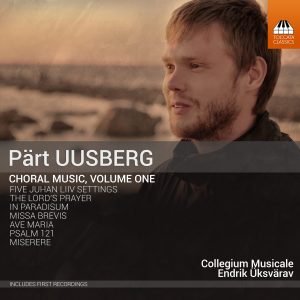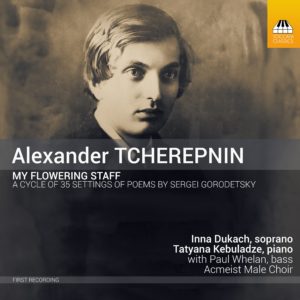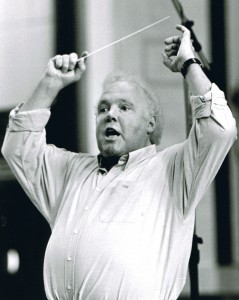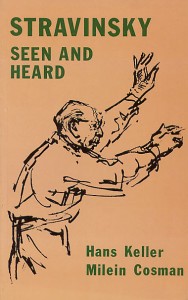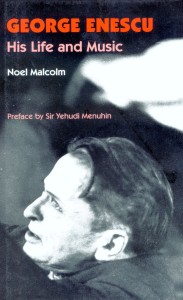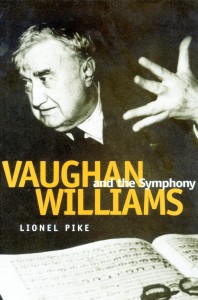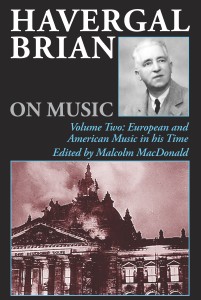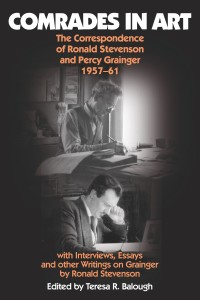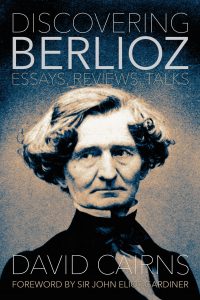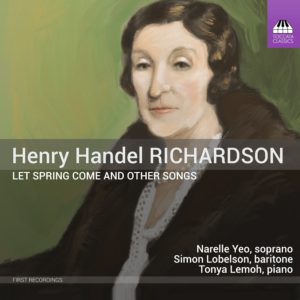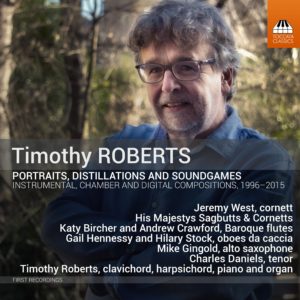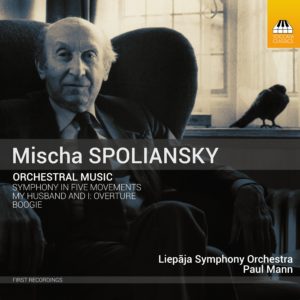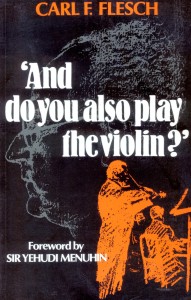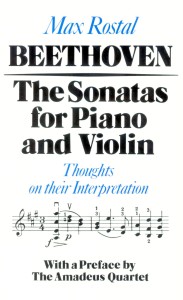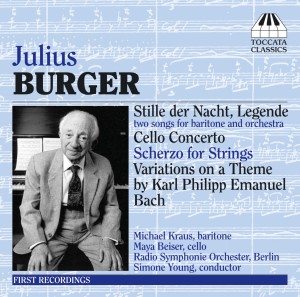Search Results for "C-ARSCC-2208 Latest Exam Question ✉ C-ARSCC-2208 Pass Guaranteed 🚴 New Guide C-ARSCC-2208 Files 🦞 Copy URL 「 www.pdfvce.com 」 open and search for ⮆ C-ARSCC-2208 ⮄ to download for free ☂Exam C-ARSCC-2208 Introduction" – Page 2
Showing results for arsi 4208 latest exam question £9 pass guaranteed £9 new guide files £9 copy url www croce com open search £9 £9 download free areas introduction croco chars 4208 arsi 4208 chars 4208 4208 4208
Pärt Uusberg: Choral Music, Volume One
This album introduces both a new voice and a new choir to western audiences: the Estonian Pärt Uusberg (b. 1986) is well known at home as a film actor as well as a composer; and in 2017 Collegium Musicale carried the coveted Silver Rose Bowl of the EBU competition ‘Let the Peoples Sing’ home to Tallinn. Uusberg’s works use many of the devices that have made recent Baltic choral music so popular in the wider world: melodies that unfold calmly over long bass lines, sustained by suspensions and piqued by mild dissonance – reflecting an awareness of the immensity of nature in music that is both exquisitely beautiful and infinitely touching.
Collegium Musicale
Endrik Üksvärav
Alexander TCHEREPNIN: My Flowering Staff
In 1925–26 the French publisher Heugel brought out three volumes of 24 songs by the young Russian composer Alexander Tcherepnin (1899–1977), all setting poems by the ‘Acmeist’ Russian poet, Sergei Gorodetsky (1884–1967) – Tcherepnin’s Opp. 15, 16 and 17. Not until 2014, when Tatyana Kebuladze, the pianist on this recording, examined the composer’s manuscript in the archives of the Sacher Foundation in Basel was it realised that those three recueils were the tips of a much larger iceberg: a cycle of 35 settings of the 37 poems in Gorodetsky’s collection My Flowering Staff, plus an anonymous epilogue – one of the most extensive song-cycles in musical history. The songs themselves are audibly in the tradition of Tchaikovsky and other such Romantic Russian composers, but with a degree of psychological insight conveyed through the harmonic piquancy typical of the new century.
Inna Dukach, soprano (Tracks 1–16, 18-22, 24-37)
Tatyana Kebuladze, piano
Paul Whelan, bass (Track 17)
Acmeist Male Choir (Track 17)
FIRST COMPLETE RECORDING
*Due to an error in a track of this recording, a new edition of the CD of this recording will be pressed as soon as possible. The downloads do not have the error.
Gary Brain Remembered
It has not been a good week. On Friday Yodit, my beloved fiancée, partner of the past seven years and mother of our five-year-old Alex,…
Stravinsky Seen and Heard
Superseded by Stravinsky the Music-Maker
Extent: 128 pages
Composition: Demy octavo ~ Illustrated ~ Index
George Enescu: His Life and Music
Preface by Sir Yehudi Menuhin
Extent: 320 pages
Composition: Demy octavo ~ Illustrated ~ List of Works ~ List of Recordings ~ Index
(Out of print, but available for printing on demand)
Vaughan Williams and the Symphony
Extent: 352 pages
Composition: Royal octavo ~ Bibliography ~ Index of Vaughan Williams' Works ~ General Index
Illustrations: 143 music exx.
Havergal Brian on Music: Volume Two: European and American Music in his Time
Edited by Malcolm MacDonald
Extent: 458 pages
Composition: Demy octavo ~ Index
Comrades in Art: The Correspondence of Ronald Stevenson and Percy Grainger, 1957-61, with Interviews, Essays and other Writings on Grainger by Ronald Stevenson
Ronald Stevenson, Percy Grainger
Edited by Teresa R. Balough
Extent: 300 pages
Composition: Royal octavo
Illustrations: 45 b/w
Discovering Berlioz: Essays, Reviews, Talks
by David Cairns
Foreward by Sir John Eliot Gardiner
Extent: 400 pages
Size: royal octavo
Published: December 2019
ISSN 0264-6889
Musicians on Music, No. 12
Henry Handel Richardson: Let Spring Come and other Songs
The Australian writer Henry Handel Richardson (1870–1946) was christened Ethel Florence Lindesay Richardson: she adopted a male nom de plume in anticipation of professional prejudice. Although she made an international reputation as a novelist, she first trained as a pianist, and she wrote songs all her life – but they remained unpublished, so that her output as a composer has been completely overlooked. Her songs are straightforward and melodious, drawing their inspiration from Romantic German Lieder and Edwardian drawing-room ballads, lullabies and parlour songs in the manner of Bridge, Ireland, Quilter and other such composers.
Narelle Yeo, soprano (Tracks 1 –10, 14–18, 24–32)
Simon Lobelson, baritone (Tracks 11 – 13, 19 – 23)
Tonya Lemoh, piano
Timothy Roberts: Portraits, Distillations and Soundgames
Timothy Roberts, born in Hampstead, north London, in 1953, has been a mainstay of the early-music scene in Britain and further afield for decades. He is best known as a keyboard player, but in recent years composing has been of growing importance to him. Hardly surprisingly, his music refracts the Baroque and Classical world in which he is active, usually with a playful but respectful twist.
Jeremy West, cornett (tracks 1–13, 17–23)
Timothy Roberts, harpsichord (tracks 2–15), piano (tracks 11–16), clavichord (track 14), organ (track 22)
His Majestys Sagbutts & Cornetts (tracks 5–10)
Katy Bircher and Andrew Crawford, Baroque flutes (tracks 18–21)
Gail Hennessy and Hilary Stock, oboes da caccia (tracks 18–21)
Mike Gingold, alto saxophone (track 24)
Charles Daniels, tenor (track 27)
Digital compositions (tracks 24, 26–28)
Mischa Spoliansky: Orchestral Music
The Russian-born Mischa Spoliansky (1898—1985) became one of the major names in cabaret in 1920s Berlin and then, as a refugee from Nazi Germany, in London, he became one of the best-known composers of film scores. He also wrote a handful of orchestral works, which have remained unknown until now. His Boogie is a witty, tongue-in-cheek piece of orchestral jazz, and the Overture to My Husband and I, one of his stage shows, has a Mozartian sparkle and wit. But it is his only Symphony, an epic statement composed over a period of nearly three decades, that constitutes his real achievement as an orchestral composer – the fourth of its five movements apparently offering Spoliansky’s own musical commentary on the Holocaust.
Liepāja Symphony Orchestra
Paul Mann, conductor
‘And do you also play the violin?’
Foreword by Sir Yehudi Menuhin
Extant: 382
Composition: Demy octavo ~ Profusely illustrated with facsimiles and photographs ~ Index
Beethoven: The Sonatas for Piano and Violin: Thoughts on their Interpretation
With a Preface by The Amadeus Quartet, a Postscript by Günter Ludwig, and an Appendix by Paul Rolland Translated by Horace and Anna Rosenberg
Extent: 219 pages
Composition: Demy octavo ~ Illustrated ~ Bibliography ~ Index
An Infinity of Traces: Influence Without Anxiety
I often play a kind of party game with friends: each participant will offer a recording of a piece of music by a less-well-known composer,…
Julius Burger: Orchestral Music
Julius Burger, born in Vienna in 1897, studied with Franz Schreker in Berlin in the 1920s, establishing a successful career as conductor and accompanist before the advent of Hitler sent him into US exile in 1938; he died in New York in 1995. His music – in which one can hear something of Schreker and Korngold, his exact contemporary, as well as echoes of Mahler and Zemlinsky – shows a mastery of the late-Romantic orchestra. The two songs on this CD display an exquisite sense of melody, and his Cello Concerto – the slow movement of which was dedicated to his mother, who was murdered on her way to Auschwitz – shares with Bloch’s Schelomo a concern with Jewish melisma.
Michael Kraus, baritone
Maya Beiser, cello
Radio Symphonie Orchester, Berlin, orchestra
Simone Young, conductor
Stay In the Know
JOIN THE TOCCATA NEWSLETTER
"*" indicates required fields
By visiting our site, you agree to our privacy policy regarding cookies, tracking statistics, etc.
